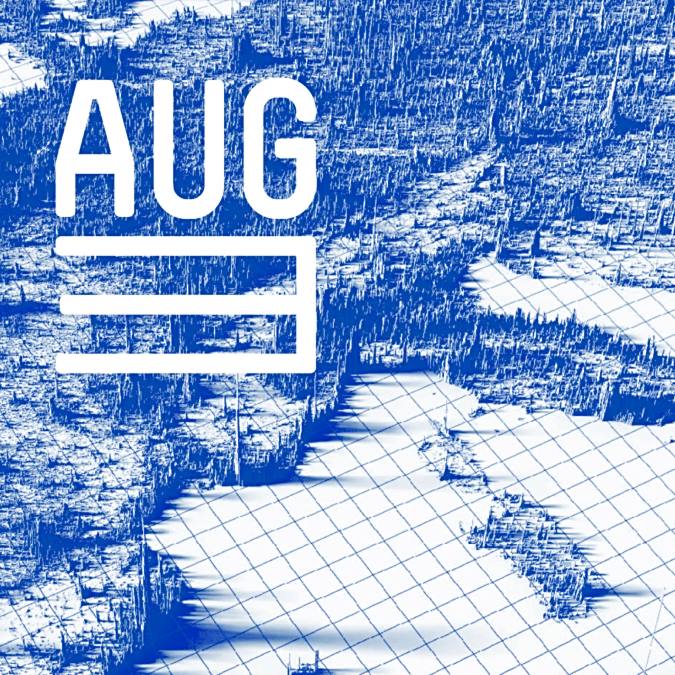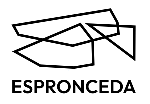
AugE | Augmented Europe
AugE | Augmented Europe is a project funded by the Citizens, Equality, Rights and Values Programme (CERV)
AUGE 2nd is aimed at involving European youngsters, actively and through digital media – to shape the future of Europe in a more sustainable, inclusive and resilient way. They will be supported by young “artivists” (artists that are also activists) to shape new ideas to boost visions, dreams, actions that will inspire and guide future ways of living together in Europe in a more sustainable, inclusive and beautiful way.
https://augenext.eu/auge-2nd-second-chapter/
PROJECT BACKGROUND
Five cities for five challenges
Five cities will be interconnected during 2 years across 7 transnational, phygital, participatory events to shape ideas and projects on 5 challenges:
– Milan: Media literacy and digital awareness
– Barcelona: Gender diversity and inclusion
– Berlin: Climate change and space colonization
– Riga: Blockchain and future economies
– Gdańsk: Democracy and public health
130 young adults will work together in the AUGE artathons, interactive and participatory events that will be organised from March to November 2023.
How to participate?
To participate in the artathon you must send your application by filling in the form in the artathon page, places are limited!
If you are based on the artathon city you can join physically, if you come from the other cities, you will join online.
Why participate in the artathon?
By participating in one of the 5 artathons you will be able to:
1) attend an inspirational workshop by a guru expert on the challenge;
2) work in a group with participants from other cities to explore the challenge together and activate a transnational community;
3) participate (alone or with a small team) in the ideas competition that will award the winning idea with 1,200 euro as support for your project;
4) be invited to the final event to be held in Milan in April 2024 during the Design Week.
PARTNERS
MADE GROUP
MADE Group is a non-profit platform for communications strategy, social innovation projects, and creative synergies. CULTURE and innovation, ecology and sustainability, democracy and inclusivity, resilience and progress are their inspiration and the guidelines of their works. Social innovation is about creating ideas and solutions for change; creativity is about becoming inventive through synergies and interactivity, while having high standards of aesthetics for every strategy or accomplishment. MADE team is a group of experts, professionals and scientists, who provide the opportunity for training, experimentation and high level of commitment to alumni and young professionals.
MEET
MEET is the Italian organization that supports digital culture and creative technology. MEET delivers a massive plan of on life – on line and on site – activities that bring people to experience and embrace digital technology as a part of their daily life and a resource for their creativity. MEET aims to reduce Italian digital cultural divide. Other key factors are exchange, discussion and building of new projects together with international partners. Designed as a social-oriented institution, MEET collects, promotes and shares creative ideas and innovative projects to reduce the digital cultural divide and guarantee an increasingly more active participation with an approach centred on meeting and inclusion.
PUBLIC ART LAB
Public Art Lab (PAL) is a Berlin based action research lab and platform for urban media art that investigates, curates, and produces artistic projects in the urban public sphere at the intersection of media arts, urban planning and creative technologies. PAL is specialised in creative citymaking, citizen science and translocal dialogue that empower social interactions and citizens’ engagement. These collaborations create citizens’ platforms, new artistic market places, festivals and networks that facilitate an open co-design process with the stakeholders to facilitate community place-making and neighbourhood building.
RICX
RIXC is the center for new media culture, art gallery and artist collective based in Riga, Latvia, that initiates projects in the intersection of art, science and emerging technologies. RIXC’s activities include: running an art gallery, production of artworks and innovative art, science and technology projects, organizing the annual RIXC Art Science festival, exhibitions, residencies and publishing the Acoustic Space journal series. The main aim of RIXC is to initiate the most novel and current topics in digital art by performing innovative experimental projects in art, science and technology in Latvia and internationally.
ESPRONCEDA
Espronceda – Institute of Art & Culture, powered by Lemongrass Communications S.L., was founded in 2013 to create an innovative platform for artistic and cultural research that could produce social impact and social change in society. Its mission is to provide a multidisciplinary environment for promoting international dialogue between artists, curators, critics, gallerists, collectors, culture managers, scientists, diplomats, academics across Europe and worldwide, allowing them to collaborate for the best cultural and social solutions. The pillars of Espronceda philosophy are the interconnection between art, culture, science, and society aimed at the creation of new alliances, and to actively contribute to the implementation of the 2030 agenda. Our commitment and contribution to the art and cultural world are activated through the organization of art and cultural residencies, exhibitions, workshops, webinars, symposiums that embrace various contemporary themes in partnership with different local and European partners. The methodology is based on a multidisciplinary and interdisciplinary approach that encompasses the visual and new media arts, performing arts, music, and theatre, and is based on the concept of creating solidarity and tapping into humanity across all races, cultures, and backgrounds.
LAZNIA
LAZNIA Centre for Contemporary Art was one of the first public cultural institutions established in Poland after the transformations of 1989. It began as an initiative by local independent artists opposed to traditional models of art. An old and dilapidated former public bathhouse in Lower Town district in Gdansk, Poland, turned out to be an ideal space for showing art. In response to a grassroots initiative by artists, in 1998 the Gdansk City Council designated it a municipal cultural institution. LAZNIA Centre for Contemporary Art is guided by its mission of showing and promoting contemporary art as a means of expressing universal values, and an element of world cultural heritage. The centre does so by showing the latest developments in contemporary art, showing the process of change that art is undergoing, engaging cultural and social phenomena taking place around the world, and educating the public about these issues.
Project co-funded by




